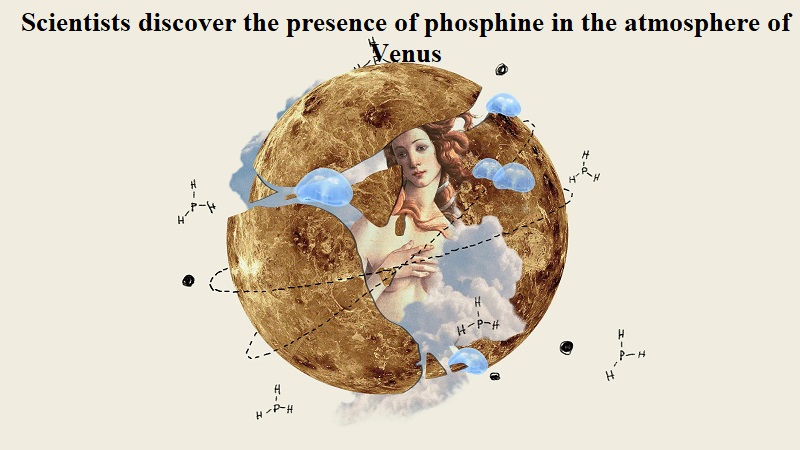
Jane Greaves, the leader of a team of scientists at Cardiff University, has announced a new discovery regarding the possibility of life on Venus. Speaking at the Royal Astronomical Society’s National Astronomy Meeting 2023, Greaves revealed that they have detected phosphine in the planet’s atmosphere at a deeper level than previously observed.
In September 2020, Greaves’ team reported the detection of phosphine in the clouds of Venus, which raised the potential for the presence of life. Using the James Clark Maxwell Telescope (JCMT) at the Mauna Kea Observatory in Hawaii, they conducted further research into the planet’s atmosphere, exploring both the upper and middle layers of the Venusian clouds.
The team hypothesized that phosphine could be originating from the lower atmosphere of Venus. Greaves explained that on Earth, microorganisms in low-oxygen environments produce phosphine. As phosphine is not naturally produced through any other process on our planet due to the scarcity of “loose” hydrogen, its presence in other worlds could serve as a potential indicator of life.
The initial discovery of phosphine on Venus caused excitement three years ago. However, the presence of phosphine alone does not confirm the existence of life on the planet. Greaves explained that phosphine could potentially be formed by the erosion of phosphorus-bearing rocks in the high atmosphere of Venus, without the involvement of life.
Greaves discussed the motivation behind the search for phosphine in the Venusian atmosphere and how it led to the initial suggestion of life on the planet. The decision to investigate Venus was prompted by studies of other planets such as Saturn and advancements in telescope technology, which allowed for the examination of the atmospheres of smaller planets.
The team obtained telescope time and quickly discovered the presence of phosphine in the Venusian clouds, resembling analogues to life on Earth’s surface. Greaves described the astonishment and significant attention generated by the finding, stating that “all hell broke loose.”
While the discovery of phosphine on Venus is intriguing, further research and analysis are needed to determine its origin and potential implications for the existence of life on the planet.

Post Your Comments